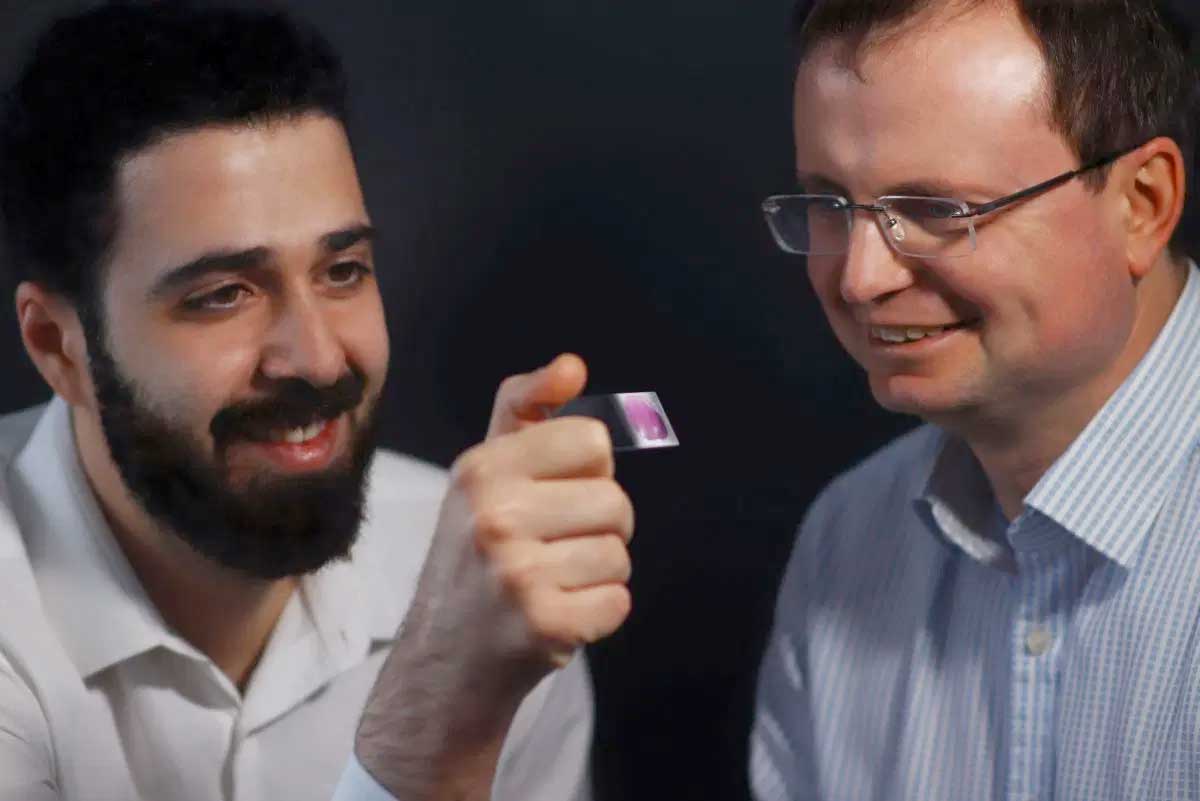Prof. Dr. Leonid Ionov and his team at the University of Bayreuth have developed a new type of 3D printing technology that combines hydrogels and fibres. The innovative process, combined in one device for the first time, enables the production of fabrics with fibrous structures and uniaxial cell alignment.
The Bayreuth team investigated various hydrogels, water-containing polymers that remain insoluble despite their water absorption. These hydrogels were combined with fibers to create a new type of composite material for 3D printing. The special feature of the technology is the so-called touch spinning process, which enables the scalable production of fibers. The integration of both processes in one device represents a significant advance.
“The insights gained in this study are of great importance for the production of tissues and in particular tissues with fibrous structures and uniaxial alignment of cells such as connective and muscle tissue,” explains Prof. Dr Leonid Ionov. “The hydrogel provides the cells with an aqueous environment that promotes the good functioning of the cells, while the fibres should control the orientation of the cells along the main direction of the fibre.”
The hydrogels used are known for their application in tissue engineering and biofabrication. They serve as scaffold materials for the artificial production of biological tissue. The combination with a fiber system not only improves the mechanical properties of the composite material, but also facilitates tissue formation through optimal cell alignment.
Based on this technology, the researchers founded the start-up company “biovature GmbH”, which aims to promote the commercial use of this innovative 3D printing technology. The German Research Foundation (DFG) provided financial support for the project as part of the Collaborative Research Center SFB/TRR 225.
This breakthrough in biofabrication represents a significant step towards the production of functional, artificial tissue and has the potential to have a lasting impact on medical research and treatment methods.
Subscribe to our Newsletter
3DPresso is a weekly newsletter that links to the most exciting global stories from the 3D printing and additive manufacturing industry.






















